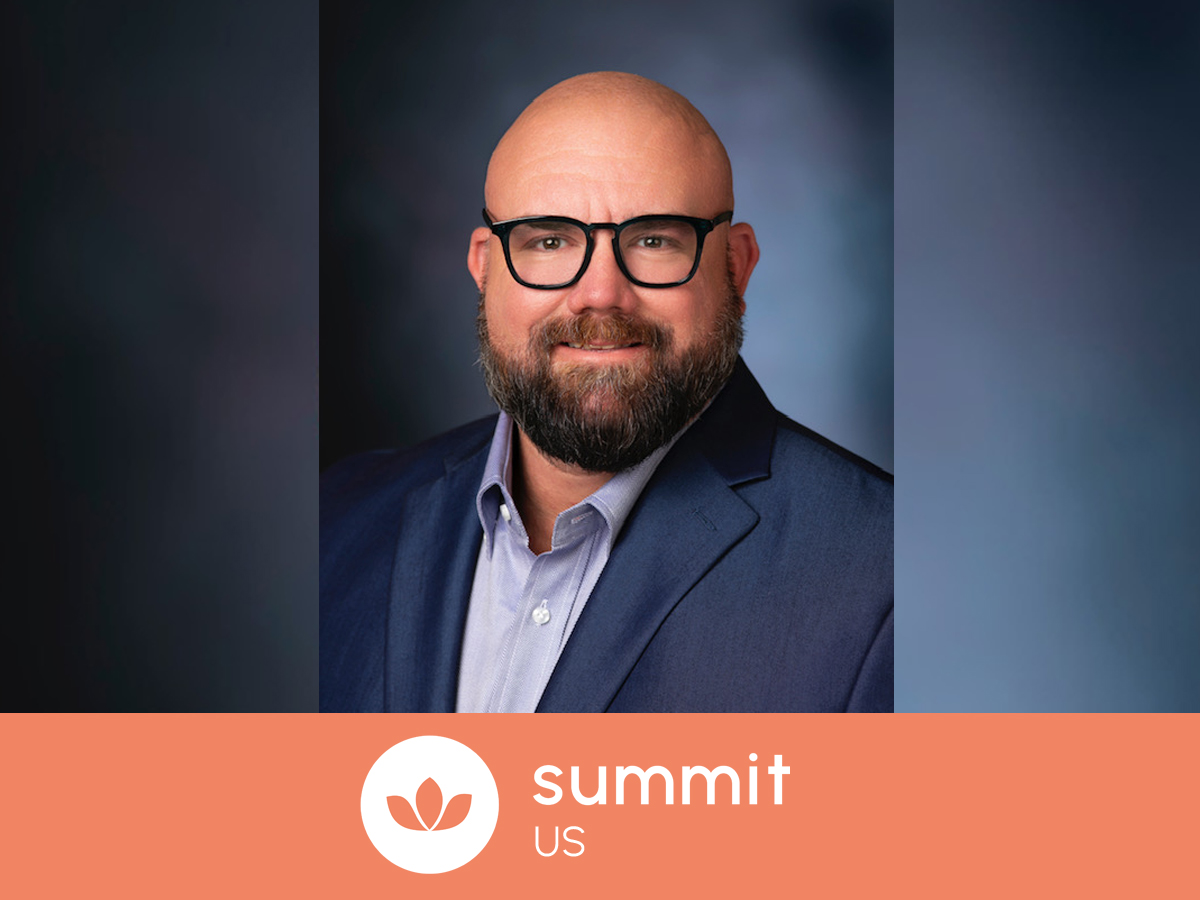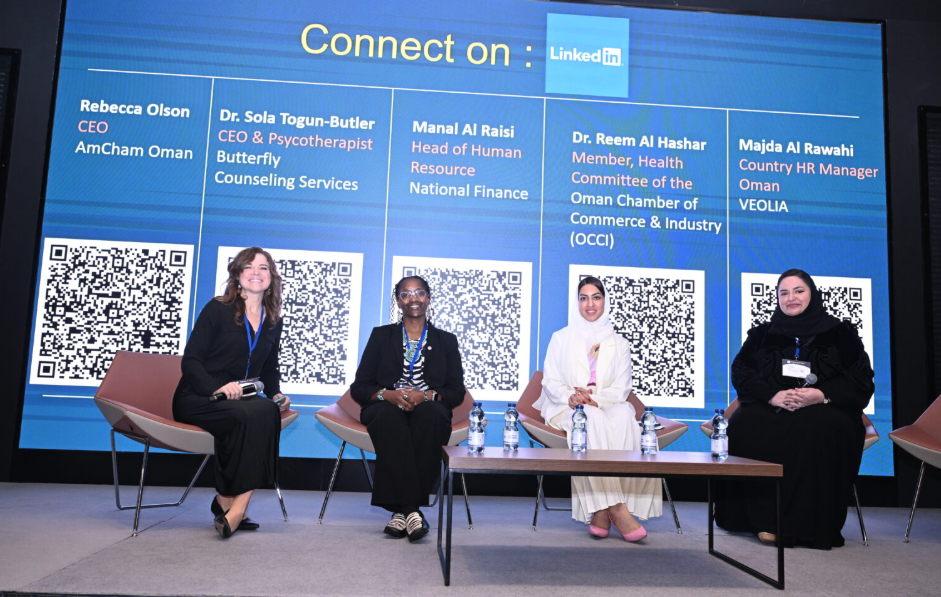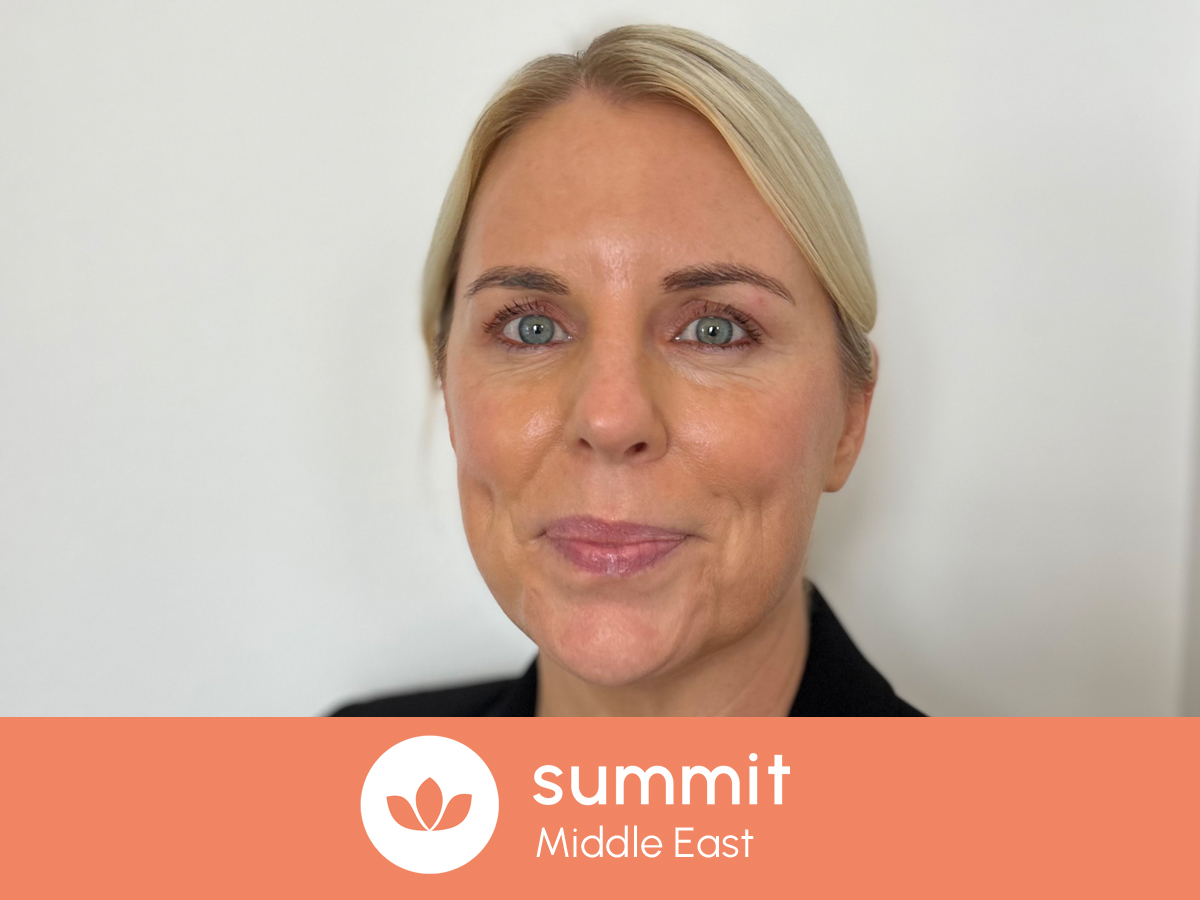
Aatish Rathi is the Chief Revenue Officer at 1to1help.net, with over 13 years of experience across healthcare, hospitality, and e-commerce. A graduate of IIT Guwahati (B.Tech, CSE), he has held leadership roles at Birla Fertility & IVF, Udaan.com, and OYO. A seasoned entrepreneur, Aatish founded KhaanaGiri and WHAT Club. Known for driving business growth and strategic partnerships, he excels in crafting innovative sales strategies and leading high-performing teams. Aatish’s expertise in enterprise sales and business operations makes him a transformative leader in any industry.
We are delighted to share that Aatish will be speaking in Mumbai as part of our India summit. We caught up with him to see how he’s feeling in the runup to the event.
Hi Aatish, we are thrilled that you will be speaking at the Wellbeing at Work India Summit next week. Our first and most important question is, how are you doing today?
I’m doing great! It’s an exciting time for workplace well-being in India, and I’m thrilled by the progress we’re making across industries. I’m also deeply honoured to be part of this summit, which brings together changemakers shaping the future of well-being at work. The conversations we’re having now are not just timely but also necessary.
As a leader based in the region, what are the main challenges you are facing when it comes to employee wellbeing and mental health?
One of the most persistent challenges is the stigma that still surrounds mental health even in workplaces that are otherwise progressive. Despite having access to professional help, many employees hesitate to use support services due to fear of being perceived as weak or vulnerable.
Another critical challenge is ensuring reach and equity. India’s workforce is incredibly diverse spanning remote, and blue-collar workers who are often left out of the well-being conversation. At 1to1help, we’ve been actively working to close this gap by delivering multilingual, tech-enabled support that reaches employees across geographies, industries, and job roles.
What strategies have you seen developing over the past 6 months, both internally and externally, that are moving the dial on wellbeing in the workplace?
There’s been a visible shift from one-off interventions to long-term, embedded well-being strategies. Internally, we’ve enhanced our data capabilities to help clients integrate emotional health metrics into existing people analytics so mental health becomes part of the organisational dashboard.
Externally, I’ve seen encouraging moves in leadership-led narratives that destigmatise mental health, sensitisation and proactive check-in mechanisms that prioritise early intervention. This shift from reactive EAP usage to preventive emotional infrastructure is what will drive sustained change.
Why is employee wellbeing so important to you personally?
I’ve personally seen how mental health challenges can impact even the most high-performing individuals both professionally and personally. In my own family and at work, I’ve witnessed the difference early support and compassion can make. So, for me, well-being is not just about business performance. It’s about creating workplaces where people feel safe, seen, and supported. Because when people thrive, organisations don’t just grow, they transform.
What impact is AI having in your organisation and how are you managing that?
AI has helped us scale personalisation without sacrificing empathy. From intelligent triaging to nudging users toward the right support, AI is allowing us to deliver care more efficiently and proactively. However, we intend to keep human connection at the core since mental and emotional well-being is deeply human, and AI should augment not replace human touch and connection.
Other than AI, are there any challenges that you are seeing for the first time and how are you addressing them?
A new trend we’re seeing is “quiet burnout.” Employees might seem engaged on the surface meeting deadlines, and showing up to meetings but emotionally, they’re running on empty. Traditional engagement scores don’t catch this. To address this, we’re helping clients move beyond binary surveys and adopt nuanced mental health indicators.
What areas do you think employers should be focused on over the next 12 months?
Organisations must focus on emotional safety, manager upskilling and linking well-being to business KPIs. Well-being should no longer sit siloed under HR. When it’s integrated into retention, productivity, and engagement strategies, that’s when real traction happens.
Do you feel that investment in employee wellbeing in the region is increasing or decreasing and is that a direct reflection on HR leaders’ increasing ability to demonstrate effective returns of their strategies to leadership?
Investment is undoubtedly increasing especially among organisations that see people as strategic capital. What’s changed is how ROI is being framed. We’re moving from cost-based to impact-based conversations. Progressive HR leaders are using data, EAP dashboards, and well-being risk scores to demonstrate how emotional health correlates with absenteeism, attrition, and productivity. These insights are pushing well-being from the margins to the boardroom.
How has your organisation been leading the way?
Well, 1to1help has spent 24 years building India’s most trusted and widely used Employee Assistance Programme. We’ve delivered over 10 million counselling sessions, covering sectors from IT to manufacturing, and have supported some of India’s largest companies through crises, transitions, and transformation. For us, emotional and mental well-being is not a benefit it’s an operational imperative. We’re not just supporting employees but also building cultures where mental well-being drives business resilience.
Aatish will be speaking in Mumbai at the Wellbeing at Work Summit India which takes place in Mumbai on 8th April and Bengaluru on 10th April. Further details on the Summit and tickets can be found here.



